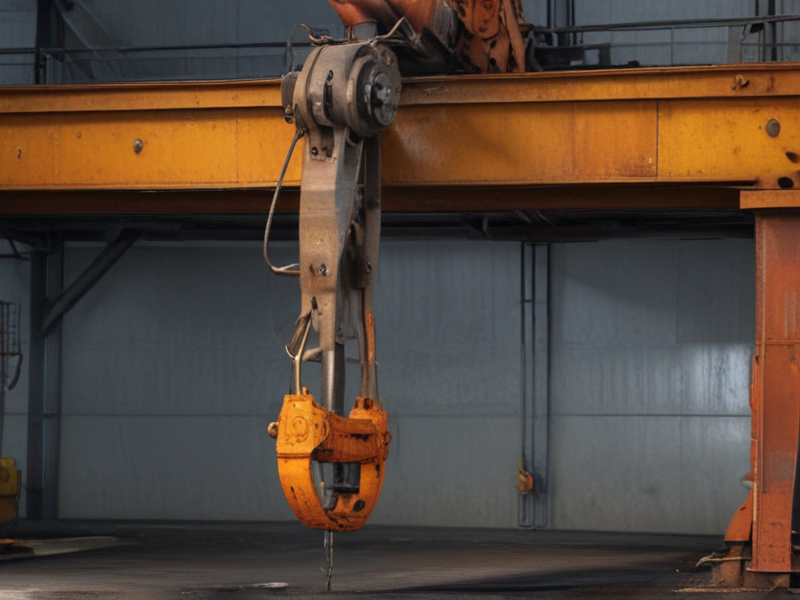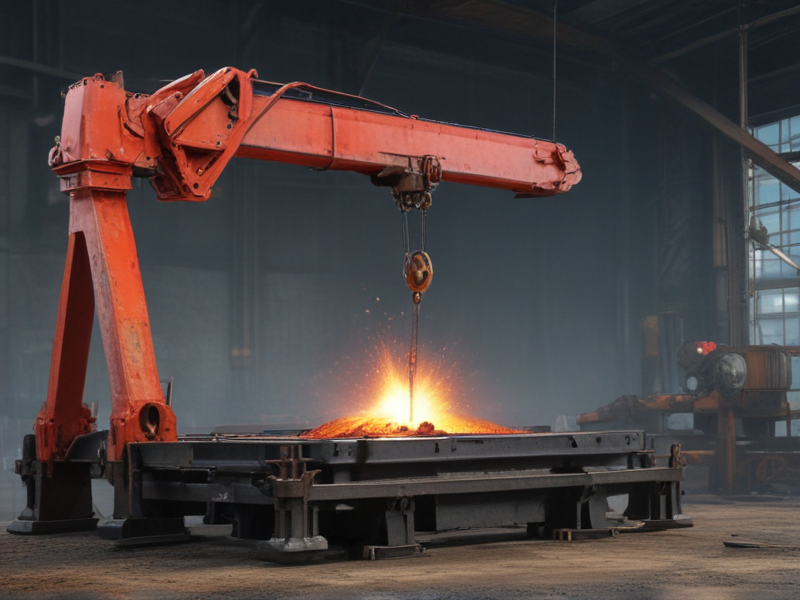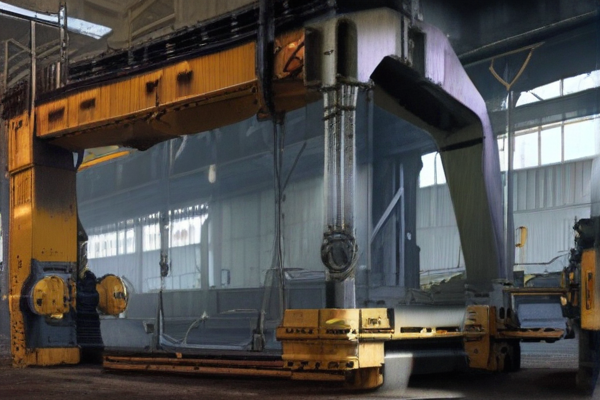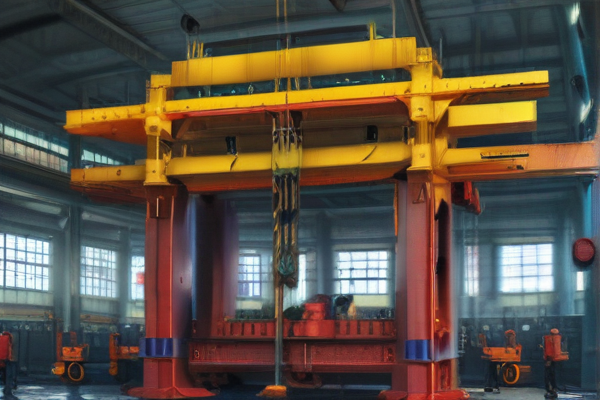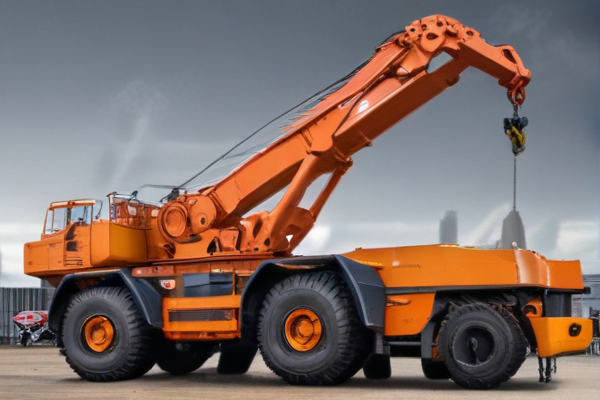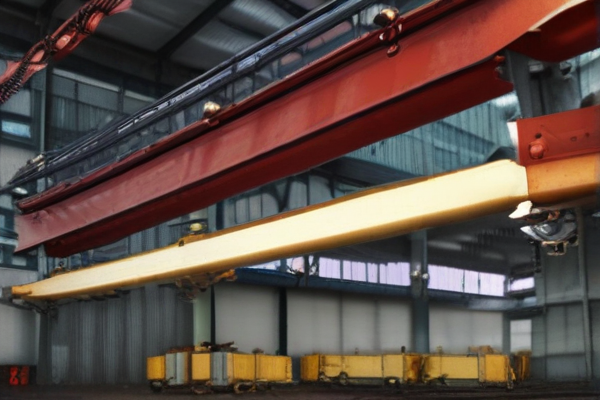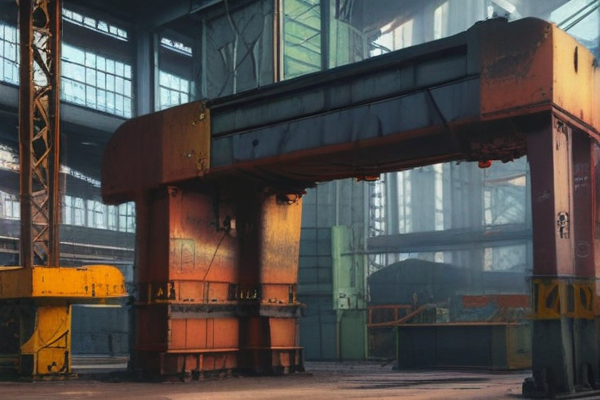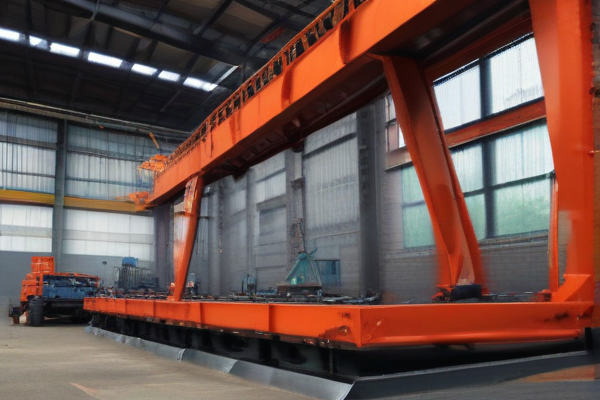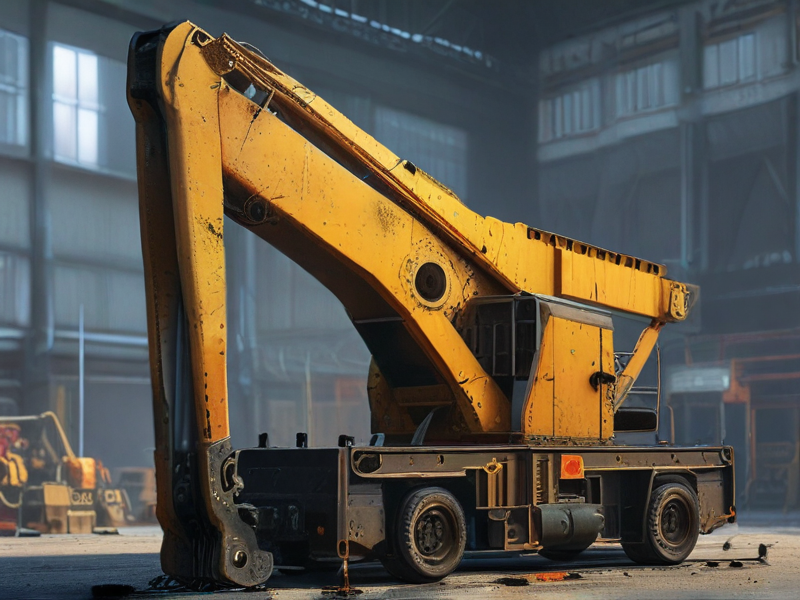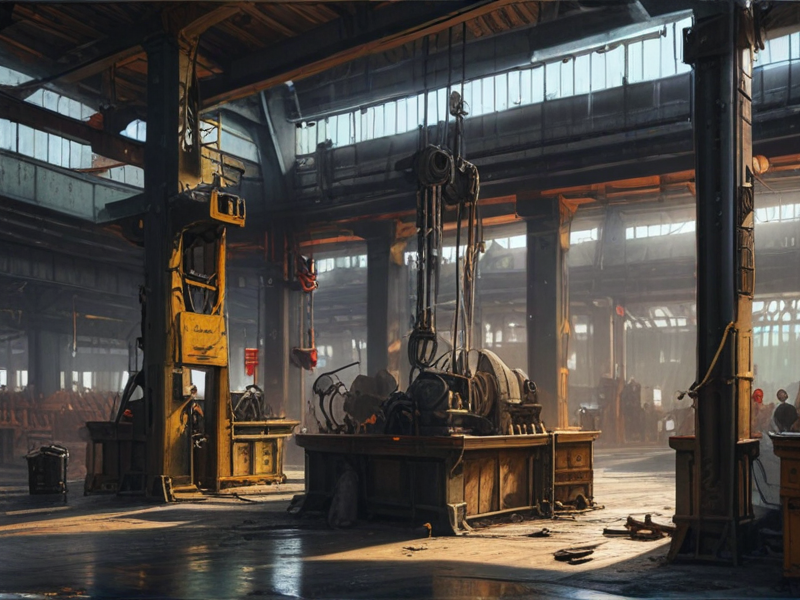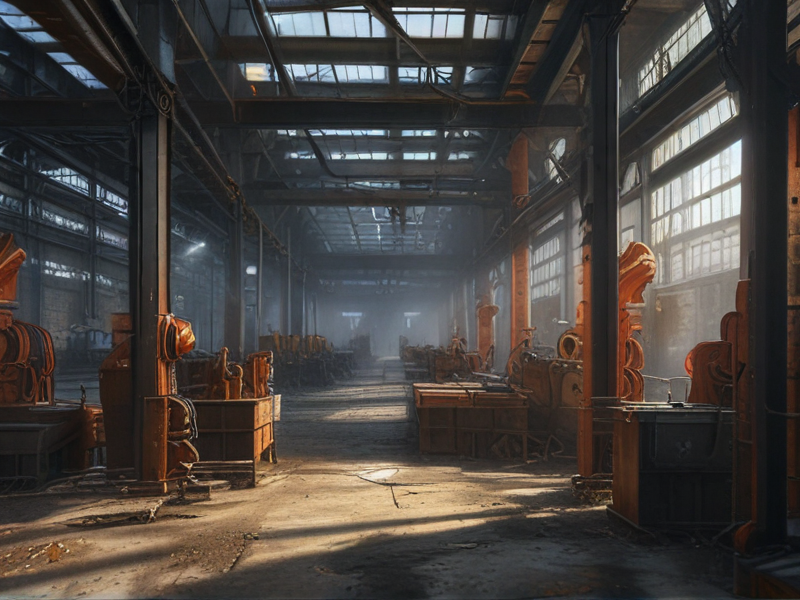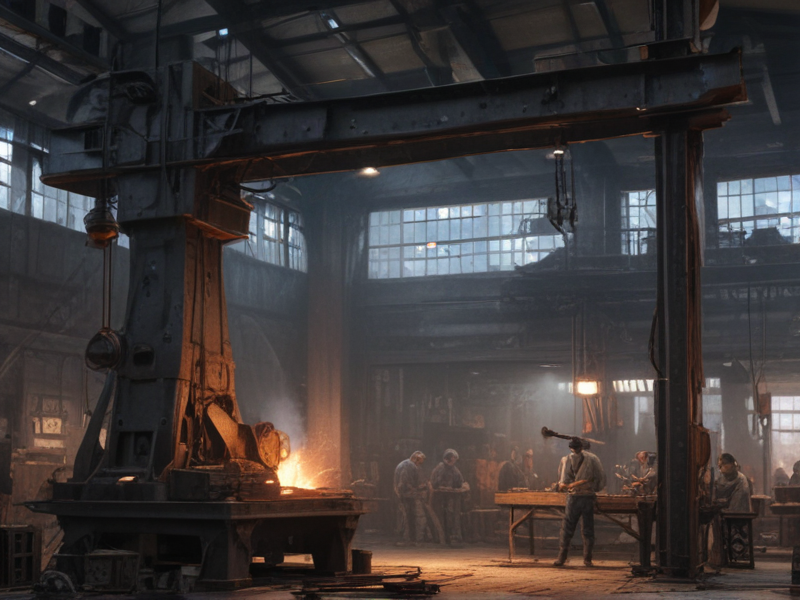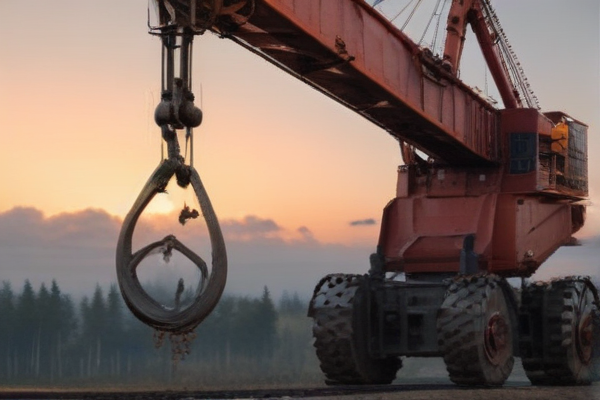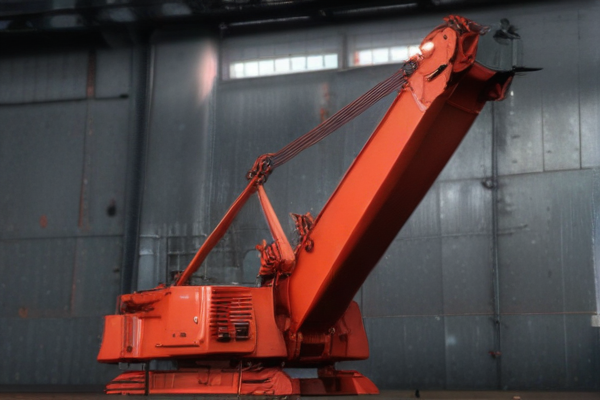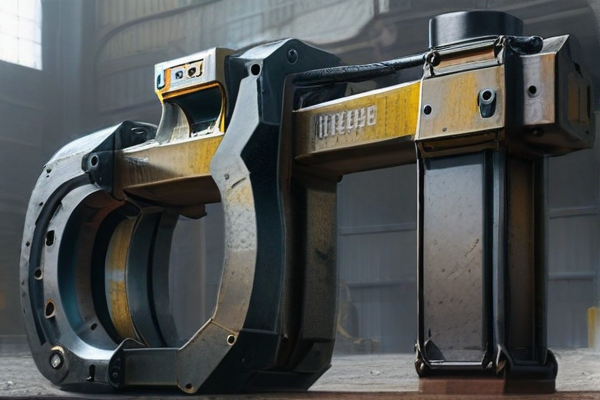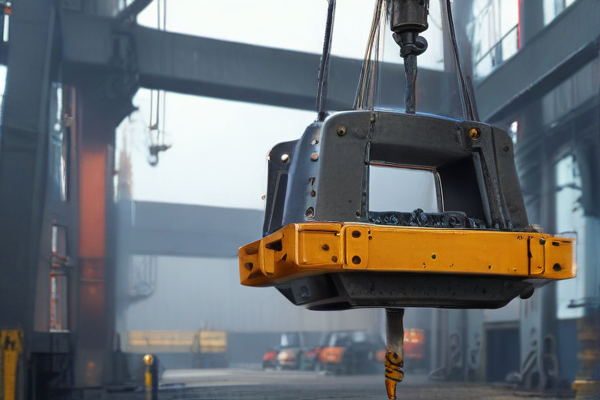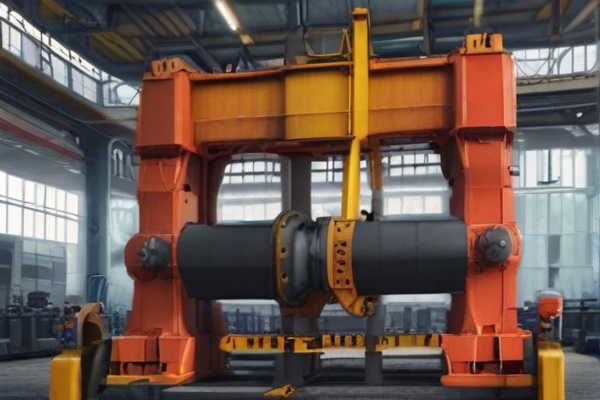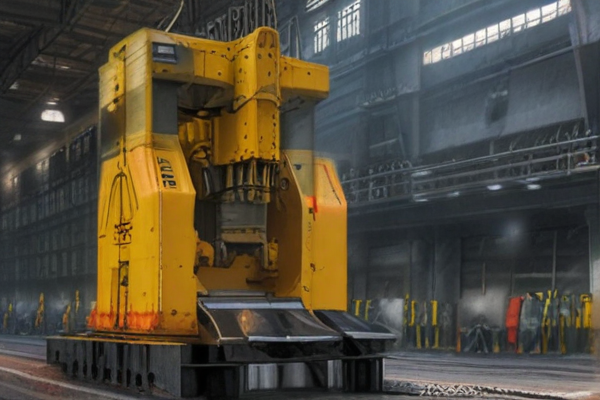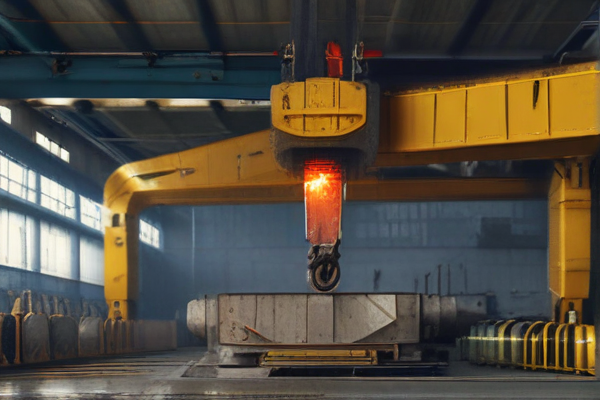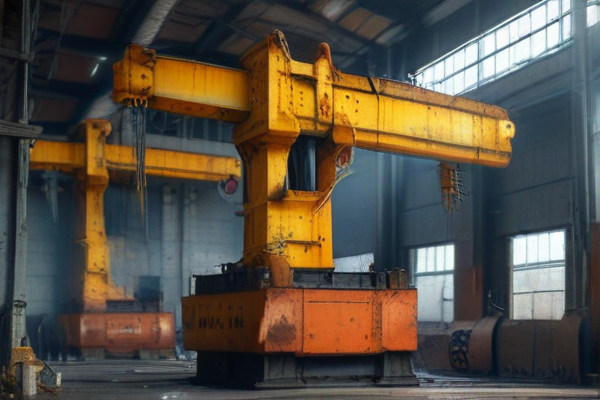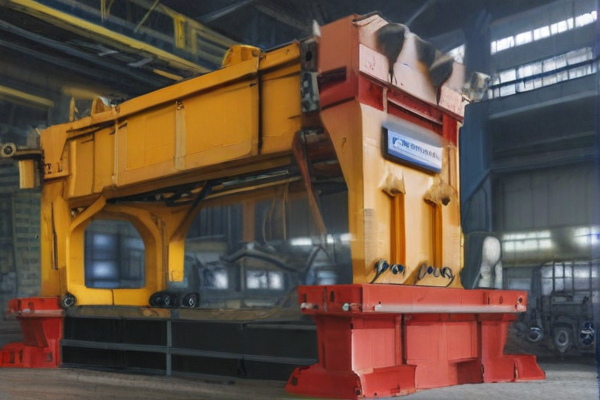Sourcing a forging crane from a Chinese factory, such as SourcifyChina, requires detailed planning and careful consideration. Here are some tips to streamline the process:
1. Research and List Requirements:
– Define your technical specifications: lifting capacity, span, height, application type.
– Identify standards and certifications needed (ISO, CE, etc.).
2. Source Reputable Suppliers:
– Use platforms like Alibaba, Made-in-China, or contact SourcifyChina directly.
– Check supplier background: years in business, past customer reviews, and production capacity.
3. Request for Quotations (RFQs):
– Send detailed RFQs to shortlisted suppliers.
– Include design specifications, material requirements, payment terms, and delivery timelines.
4. Evaluate Quotations:
– Apart from cost, consider quality, compliance with standards, and included services (installation, after-sales support).
5. Quality Assurance:
– Ask for samples or visit the factory if possible.
– Inquire about quality control processes and previous client references.
6. Negotiate Terms:
– Discuss payment terms, such as down payment and balance payment after inspection.
– Clarify warranty and service terms.
7. Finalize Order:
– Draft a clear and detailed contract.
– Ensure all specifications, delivery schedules, and terms are clearly stated.
8. Logistics and Shipping:
– Arrange shipping and ensure proper packaging.
– Consider insurance for transit.
9. Compliance and Inspection:
– Employ third-party inspection services to verify product quality before shipment.
– Ensure compliance with destination country regulations.
10. After-Sales Support:
– Verify the availability of after-sales services and spare parts.
– Ensure proper training for your personnel if required.
By following these steps, you can efficiently source a high-quality forging crane from SourcifyChina, ensuring you receive a product that meets your requirements and standards.

